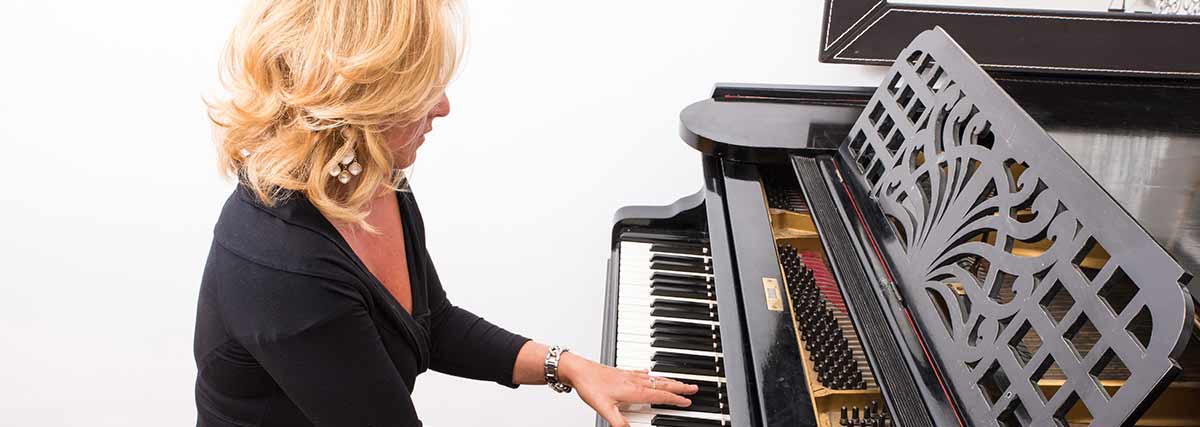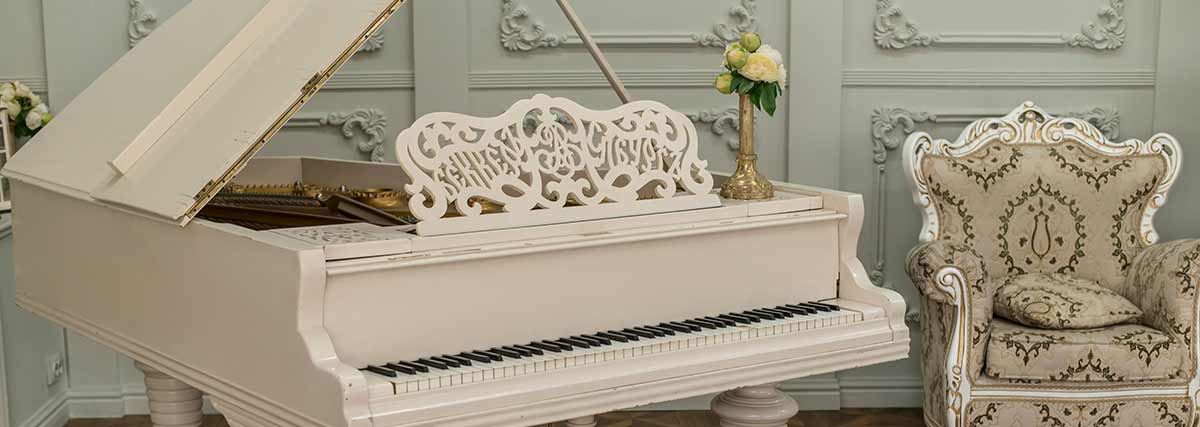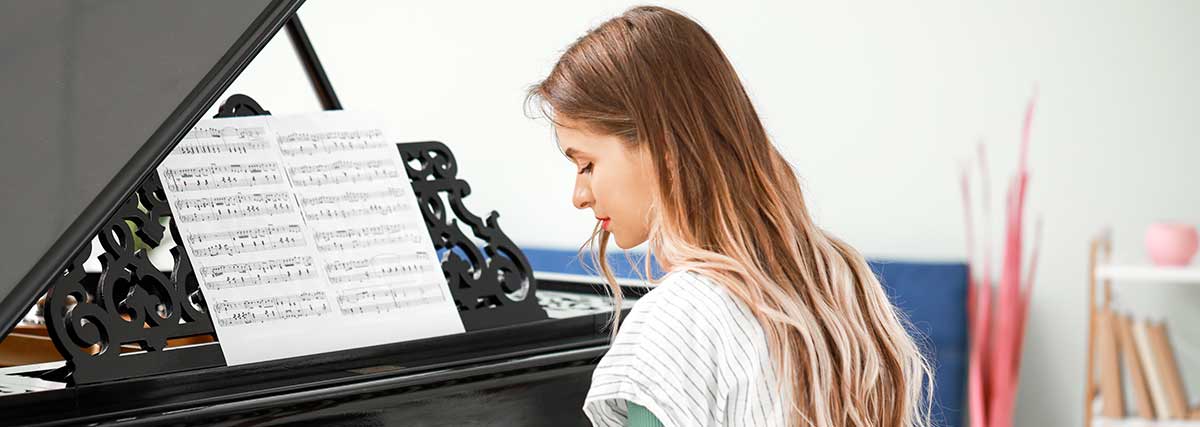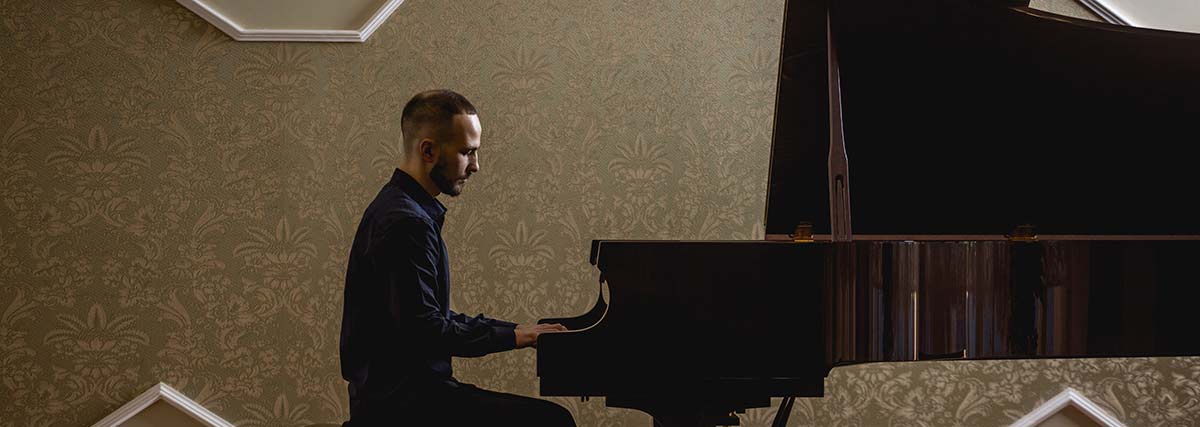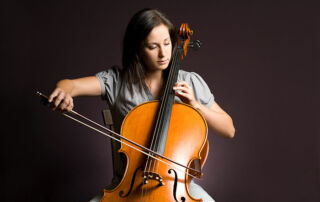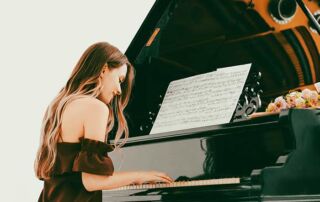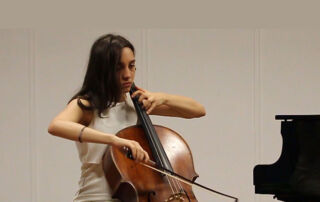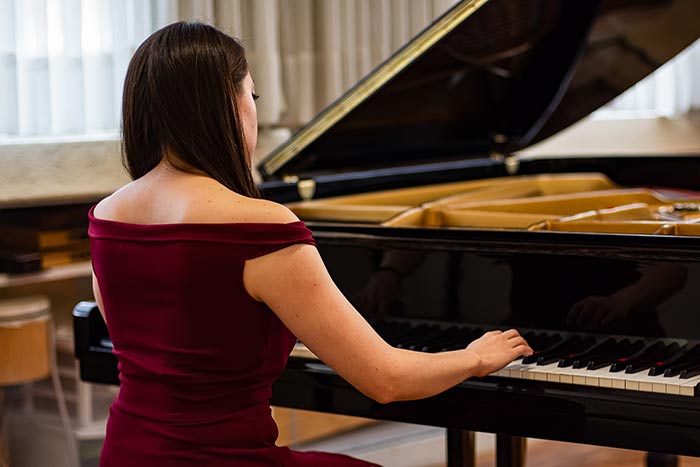As adults, we are all the same. We want to learn quickly and easily, hoping that a new skill can be learned without too much time or effort. I've never understood why we are all so eager to get results so quickly, while children or teenagers take a long time to master their skills.
Is it because we realise that we are running out of time? It's possible... But rushing has never produced positive results. On the contrary, trying to achieve our goals too quickly only leads to failure. We need to take our time and put in the effort necessary to succeed in any field.
As adults, we have this tendency to live under pressure and, unfortunately, the media pushes us in this direction no matter what we do. If we want to lose weight, we are bombarded with advertisements that tell us we can lose 10 kgs in 2 weeks. We get the same message if we want to increase our income: we are told that we can become multi-millionaires in a few months, in the comfort of our home, without lifting a finger. Wherever we look around us, the best results can apparently be achieved in the blink of an eye.
It's a fairy tale both for weight loss or earning a fortune quickly, and the same goes for playing the piano. I'm sure you've seen a commercial about learning to play the piano in only 5 hours. I'm sure you have!
I'm pretty obsessed with health and fitness myself; I can assure you that results don't happen overnight. Anyone can be successful, but it takes years to develop good habits, cook the right meals and put in enough effort at the gym.
Playing the piano is an art that takes years of effort and practice to master. Even if you are just playing for fun, you should not expect to reach your goals in a few weeks. Instead, you should start with the right mindset and add it to your daily activities without tracking your progress too closely. If you practice well and take excellent piano lessons, you will one day be able to play your favorite pieces, but don't put pressure on yourself or your piano teacher.
Throughout my career, I have encountered three types of amateur pianists:
- Adults who discover the piano and expect to get the moon without making any effort. They don't devote any time to personal practice, miss their lessons regularly and end up giving up because they are not satisfied with the results. (Perfectly normal!)
- Adults who are new to the piano and approach the instrument in a completely wrong way. They see the piano as a new skill to add to their list of hobbies to master, without having the love or passion for it. The box needs to be checked off as quickly as possible in order to move on to a new challenge such as conquering Mount Everest or running a marathon. They are so stressed and pressured that they make the experience extremely unpleasant for both themselves and their piano teacher. Progress is always too slow for them and they end up giving up after blaming their piano teacher. "Why can't I play Rachmaninoff's 2nd concerto after paying you 10 lessons?"
- Amateur pianists who are returning to the piano after a few years or continuing their training even if they are already proficient. They practice daily and attend their piano lessons regularly. They enjoy the process and make wonderful progress without panicking about stagnation or regression.
I don't need to tell you that the third category of people is the most successful. These are the only people who enjoy their piano journey and get amazing results.
If you are starting to play the piano as an adult, you really need to embark on a journey without thinking too much about the destination. Practice seriously and regularly and follow the advice of your piano teacher without checking your schedule. Enjoy your piano studies and reward yourself along the way.
Over the past 25 years as a piano teacher, I have met some fantastic amateur pianists who have amazed me with their diligence. My parents, who are both amateur musicians, never gave up or even took a break from studying their instrument. They have always played and their accomplishments are amazing.
I often mention Kammy, a young Chinese woman who started almost from scratch with me about 10 years ago and now plays relatively difficult pieces. She did not stop her lessons when she returned to Taiwan and continued her piano teaching via Zoom. She reduced the number of lessons during her pregnancy but never took a break. She is a fantastic example that I invite all amateur pianists to follow.
As I said earlier, I have met many people who are interested in playing the piano, but I have rarely met any who understand that playing the piano is a journey, not a destination. This statement is also true for professional pianists. We never stop learning and exploring. Even the greatest pianists have always tried to improve throughout their lives and have never felt that the work was done. If you are embarking on a piano adventure and want to succeed, it is for life!
Here is my advice as a piano teacher specialising in teaching adults: Buy a good instrument that you love and will be happy to play daily, place it in a quiet place so you can practice quietly, and choose a great piano teacher who will inspire you. Don't wait too long and enjoy every moment you spend at the piano. Playing the piano well is a wonderful privilege, so don't let any obstacle make you think otherwise!

